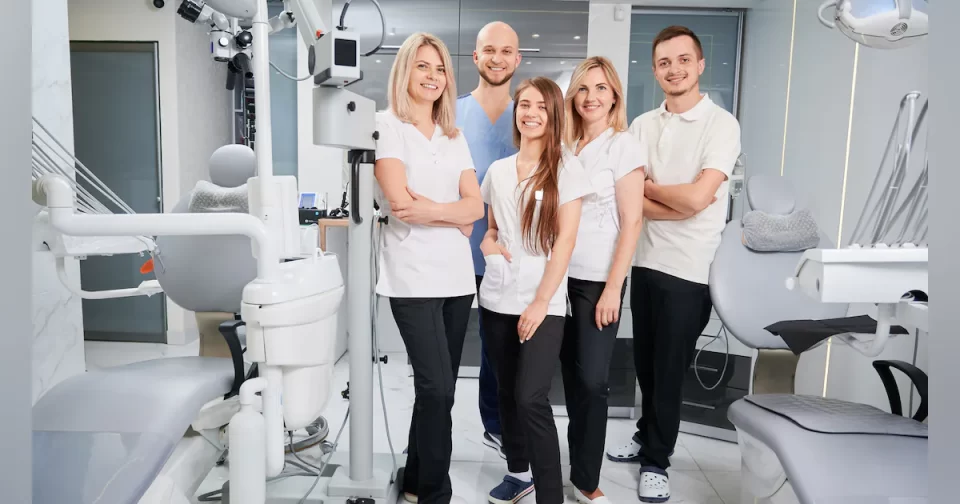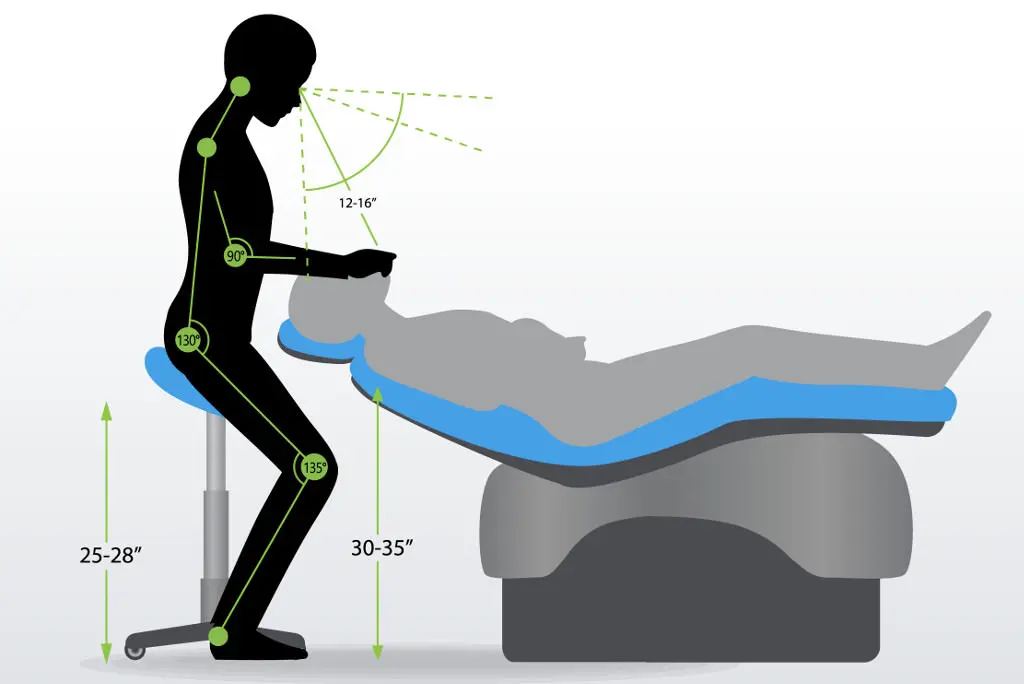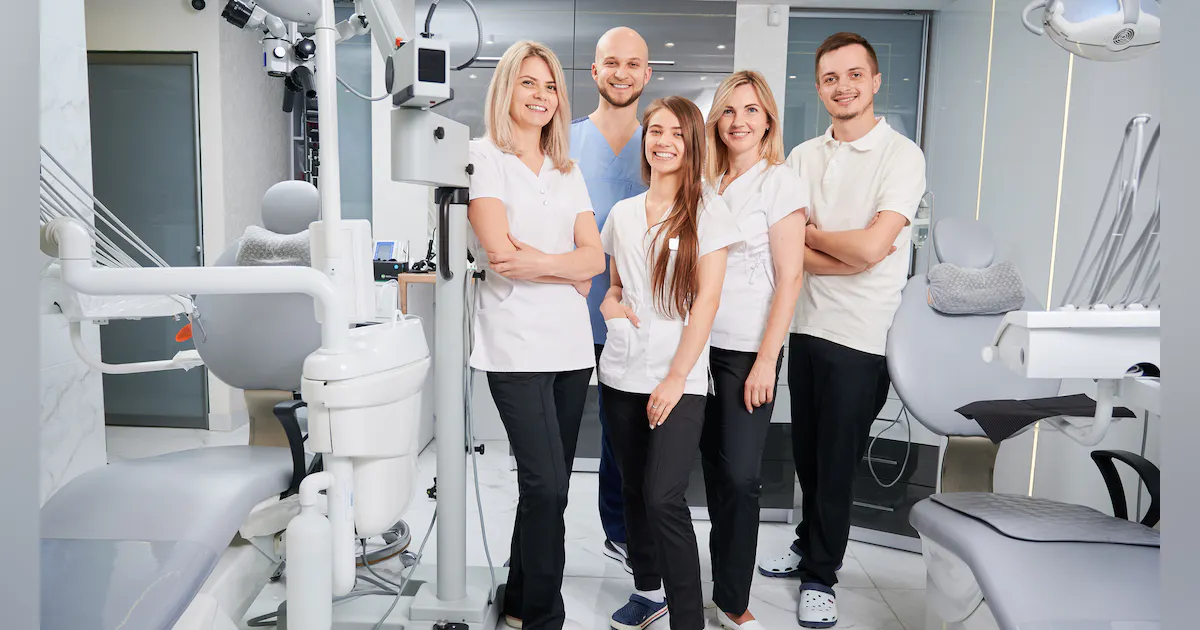In the world of dentistry, building a robust referral network is a valuable asset that can significantly enhance your practice’s growth and reputation. Referrals from other healthcare professionals, satisfied patients, and even dental laboratories can open doors to new opportunities and a steady stream of patients. Let’s explore effective strategies to create and nurture a strong referral network that benefits both your practice and your partners.
1. Establish Relationships with Local Healthcare Professionals:
Collaborating with physicians, orthodontists, periodontists, and other healthcare providers in your community can lead to reciprocal referrals. Attend medical events, seminars, and local networking gatherings to introduce yourself and your practice. Building trust and understanding each other’s expertise can result in a steady flow of referrals.
2. Provide Outstanding Patient Care:
Delivering exceptional patient experiences can lead to organic referrals. Satisfied patients are more likely to recommend your practice to friends, family, and acquaintances. Prioritize patient comfort, effective communication, and personalized care to leave a positive lasting impression.
3. Engage in Continuing Education:
Staying updated on the latest advancements in dentistry not only enhances your skills but also positions you as a knowledgeable and reliable professional. Colleagues who perceive you as an expert in your field are more likely to refer patients to your practice.
4. Create Referral Materials:
Design referral materials, such as brochures or business cards, that are easy to share with colleagues. These materials should clearly communicate the services you offer and the benefits of referring patients to your practice.
5. Build a Strong Online Presence:
A well-designed website and active social media profiles can attract attention from potential referral partners. Showcase your expertise, patient testimonials, and informative content to establish credibility and encourage referrals.
6. Foster Relationships with Dental Laboratories:
Dental laboratories often interact with a wide range of dental professionals. Establish strong relationships with local labs to receive referrals for cases that require specialized expertise.
7. Participate in Dental Study Clubs:
Join or create dental study clubs where professionals can discuss cases, share insights, and refer patients to each other based on their specific needs. These clubs provide an opportunity for collaboration and networking.
8. Host Educational Events:
Organize seminars or workshops that focus on dental topics of interest. Invite colleagues and referral partners to these events, fostering relationships while showcasing your expertise.
9. Offer Continuing Care Updates:
Provide referring professionals with updates on their patients’ progress and treatment outcomes. This transparent approach demonstrates your commitment to collaborative care.
10. Express Gratitude:
Acknowledge and express gratitude to colleagues who refer patients to your practice. A simple thank-you note or a small token of appreciation can go a long way in nurturing your referral network.
11. Provide Clear Referral Guidelines:
Make it easy for referring partners to understand the types of cases you specialize in and the patients you can effectively treat. Clear guidelines ensure a smoother referral process.
12. Attend Professional Conferences:
Participate in dental conferences to connect with professionals from different regions and specialties. Networking at these events can expand your referral network significantly.
Building a strong referral network in dentistry requires time, effort, and a genuine commitment to collaboration. By cultivating relationships with healthcare professionals, focusing on patient satisfaction, and actively engaging with your dental community, you can create a network that benefits everyone involved – most importantly, the patients who receive comprehensive and specialized care.















